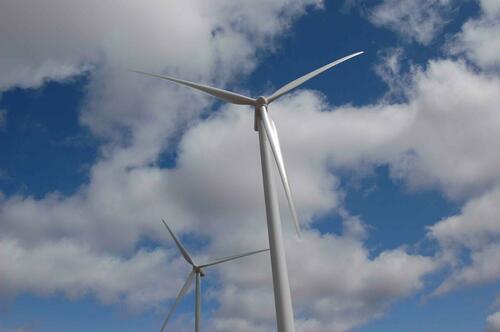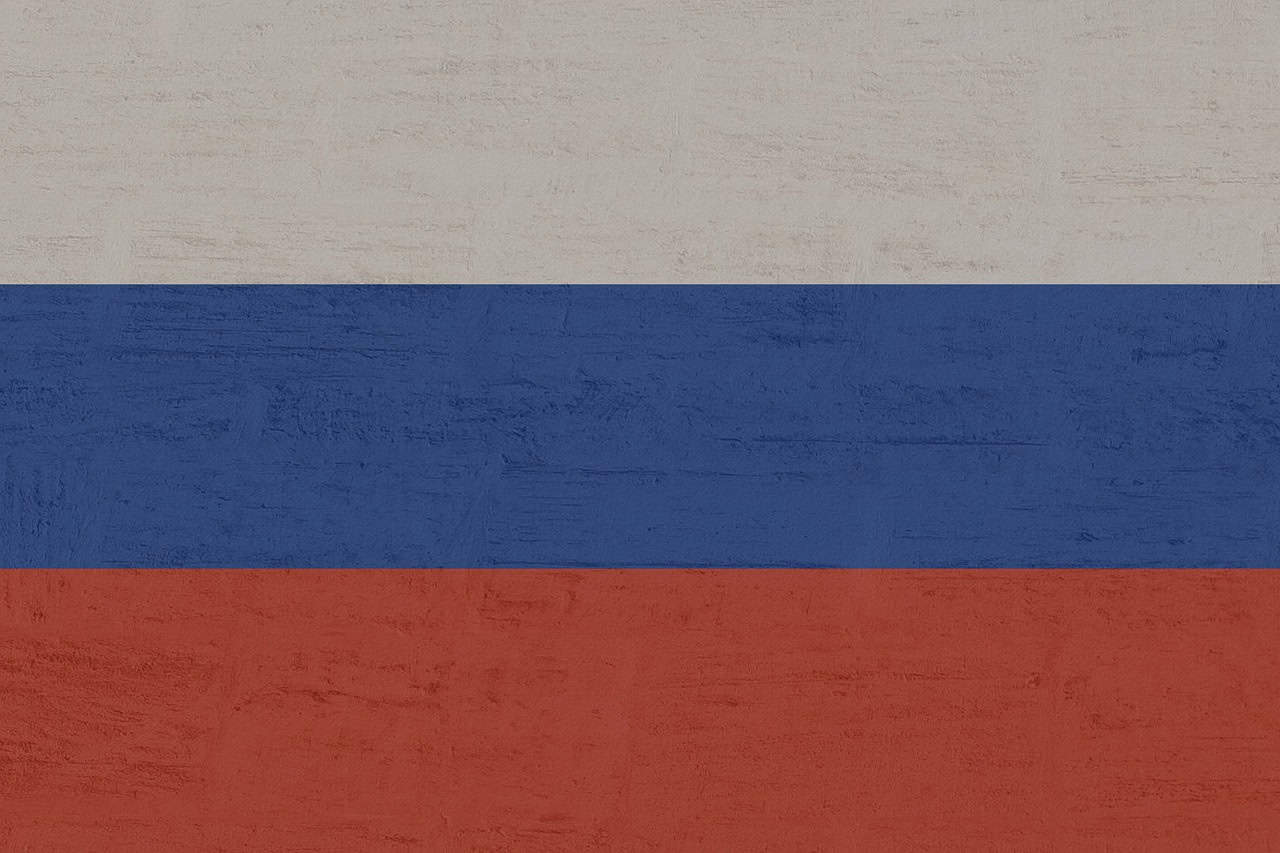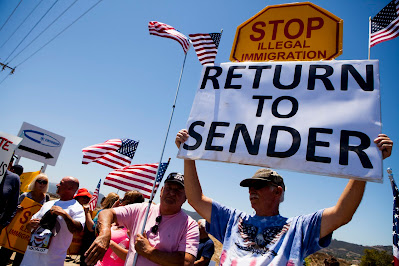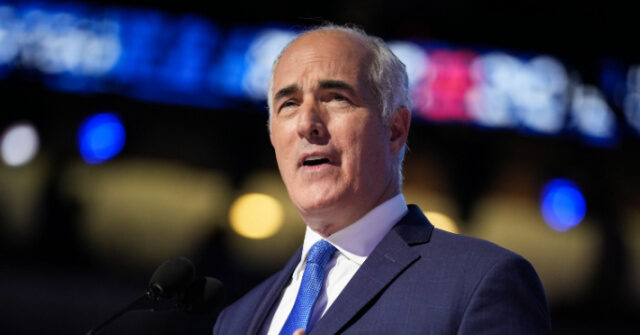
from 21st Century Wire:
This is the second part of my BRICS Coin series examining the many facets of the emerging BRICS financial system. In it, we will look at some of the new proposed institutions that have been announced, and what we can expect going forward.
BRICS+, a group of non-Western nations, are developing a new parallel set of financial institutions. In response to increasing Western sanctions and the weaponisation of hegemonic financial institutions – the emerging multi-ploar consensus has decided that enough is enough, and that they will build their own monetary system, outside of the US dollar dominion.
TRUTH LIVES on at https://sgtreport.tv/
Enter Kazan
Russia is hosting the BRICS annual summit this week. It takes place in Kazan, an increasingly important central Asian hub. The name Kazan comes from the name of a large cooking pot or cauldron used extensively in Central Asia, from Afghanistan to the Balkans. It’s a symbol of cultural importance: a huge Kazan (or Qazan) is often the focal point of weddings where families come together to share from the communal pot. This seems to be an apt metaphor for the emerging currency and trading system that is being discussed at this year’s gathering. All members are invited to create a ‘central pot’, whereby they can partake in the communal success and ongoing development of the BRICS bloc. One thing is for sure, America and its staunch allies are not invited to this wedding party.
De-Dollarisation
As I outlined in my prior article, BRICS coin – The Unit vs. The Dollar, there has been an excessive regime of sanctions levied against Russia and its allies by the USA, the Five Eyes alliance, and their quislings in Europe. The massive ramping-up of the policy of sanctions, as well as the CIA coup d’etat in 2014 in Ukraine, has forced Russia out of the US-dominated global financial system. However, the policy has proven to be a failure on the part of America, as it has pushed the BRICS bloc even closer together. BRICS founders; Brazil, Russia, India, China and South Africa, as well as a large contingent of aspirational members, can now see the benefit of flouting of the so-called “rules based international order” which the US and its allies are constantly referring to when justifying the collective punishment of countries that will not bend to their will.
Thus, the BRICS network of nations have begun the work in creating a payments system that will sit outside of Western control. For the last century, the US has dominated global finance, with the US dollar being the successor to the Britain’s Pound Sterling as the world’s reserve currency. However, it now looks like BRICS is calling time on American dominance, and the gunboat diplomacy that backs it up. We can remind readers that when asked, Paul Krugman, the former economic advisor to President Reagan, once let slip that, “Fiat money is backed by guns”. Conversely, the BRICS policy is not to regime change into the next fiat currency, but to make the American fiat currency system obsolete by fostering its own institutions. I see this as a strong policy, whilst cautioning that diplomacy takes much longer than violence to achieve its end. In the words of Russian Foreign Minister Sergei Lavrov:
“This protracted phase of decline is confronted by an unequivocal historical movement towards a multipolar world order, where the fundamental principles of the UN Charter – sovereign equality of states and non-interference in internal affairs – will be implemented in practice, ensuring a fair process that balances interests rather than imposing external will. This is a lengthy and arduous process, but the momentum of history favours our cause. No force can impede these objective trends.”
Russia’s Role
Russia is chair of the BRICS group for 2024. The BRICS+ (including Egypt, Ethiopia, UAE and Iran) is not a strict political institution, more often likened to network of governments, or even as a high-level ‘talking shop’ for the Global South. In the last few years it has gained in its political caché and geopolitical importance. With the proposed accession of states like Nigeria and Saudi Arabia, BRICS+ will encompass the majority of the global oil supply. With accession of NATO member Turkiye, it will gain more in terms of importance for international relations. But the engine house of the BRICS movement is Asiatic in character, with the center of gravity oscillating between Russia, India and China. Whilst no country rules the bloc – unlike ASEAN which China clearly dominates – there is primacy among equals. I see Russia and China as dominant motivators among the group. Russia due to the sanctions regime and the hangover from the Cold War, and China as a bona fide global superpower who has been snubbed by the USA and is now pursuing a route of diplomatic diversity away from its previous West-centric outlook. India is a reluctant yet energetic member of BRICS, still fostering ties with the West, but playing on both fields at once. Brazil and South Africa are important emerging economies, but don’t yet have the clout of the leading BRICS states.
Read More @ 21stCenturyWire.com
Originally Posted at https://www.sgtreport.com






